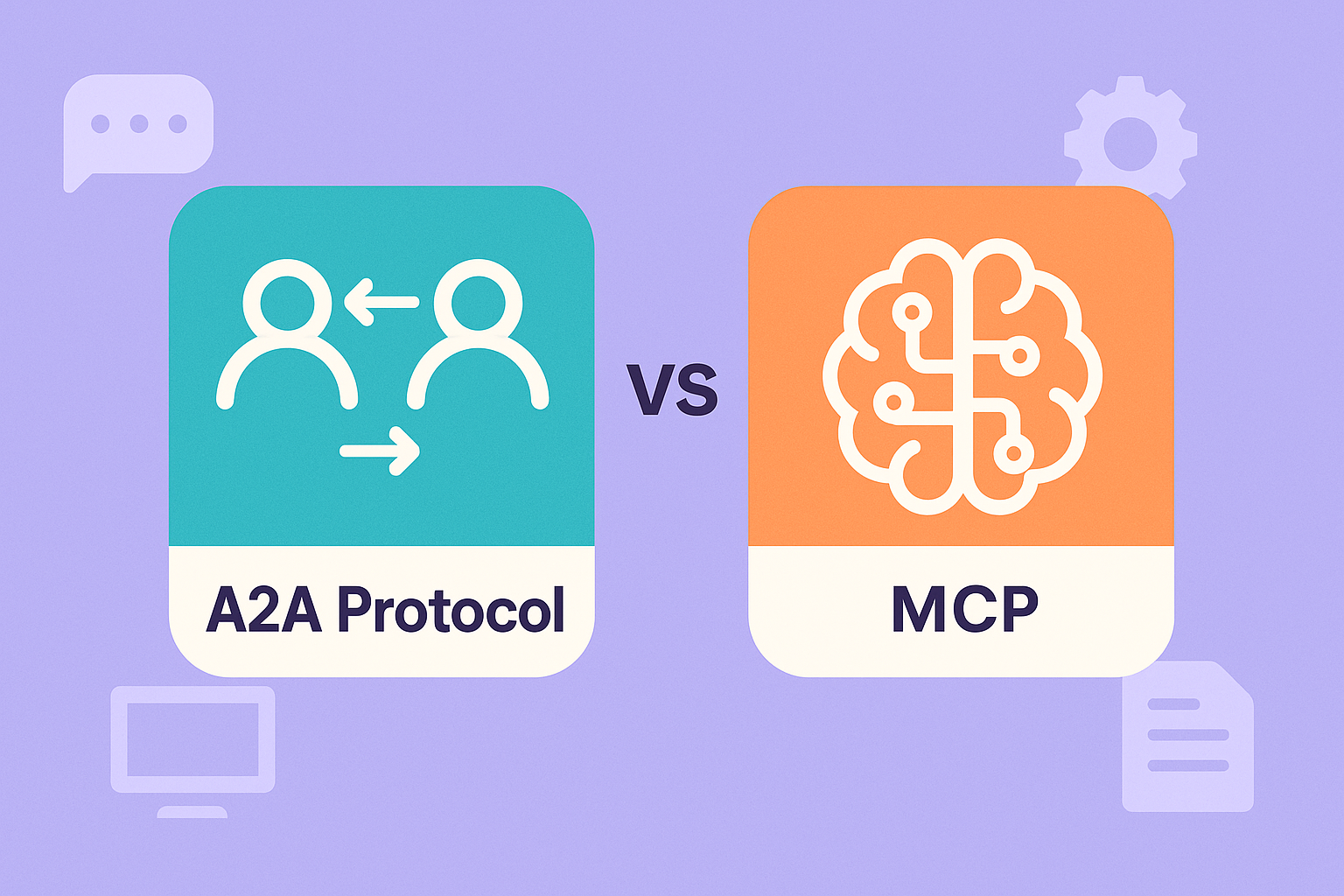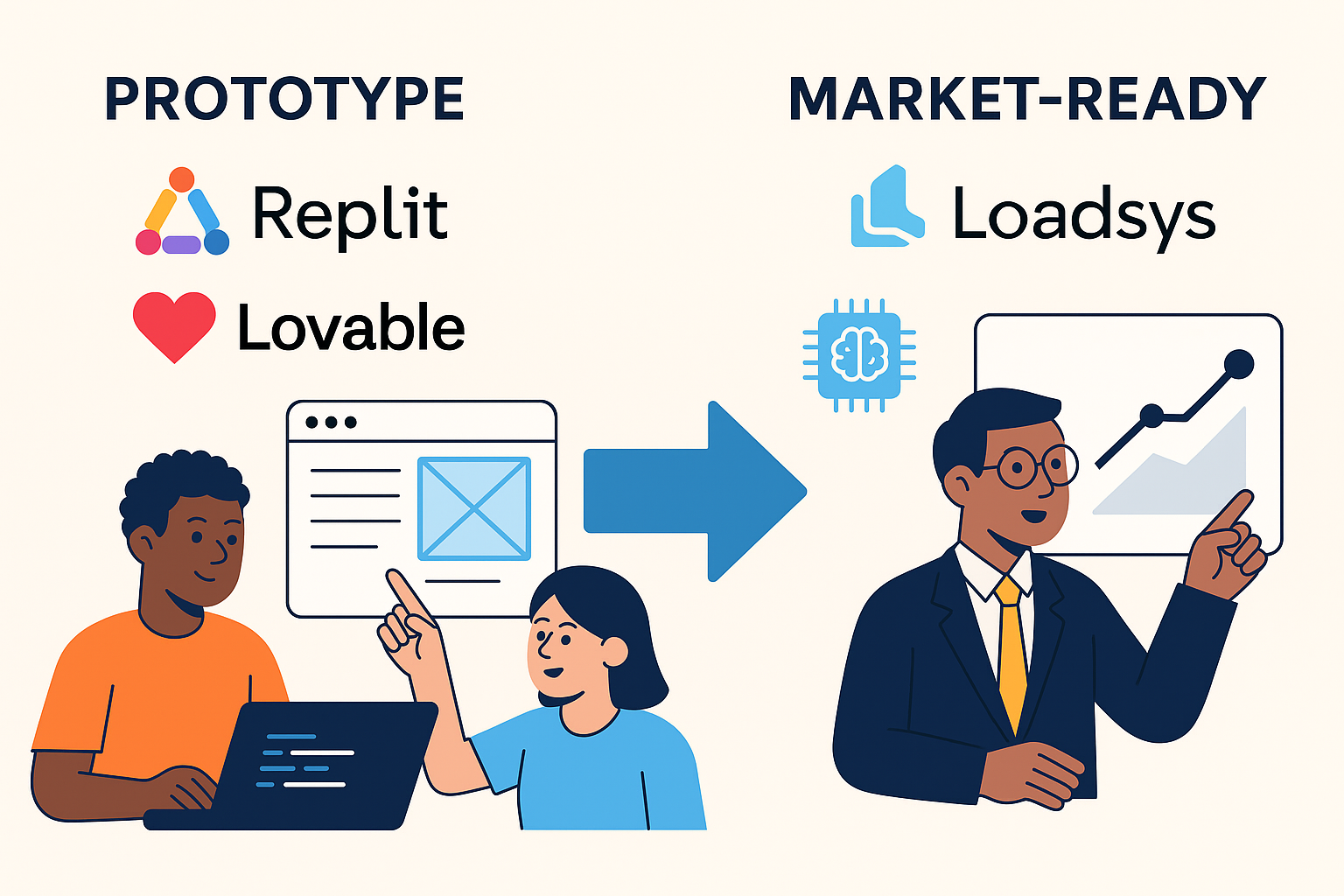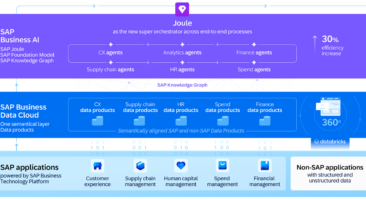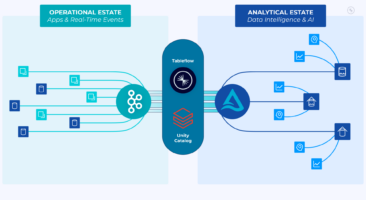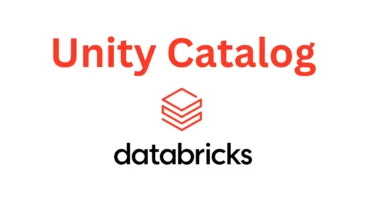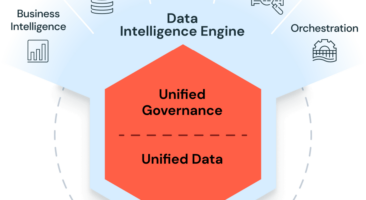4 Reasons Why Source Code Quality Matters
It’s tempting to go cheap with anything you buy. How bad can it be? If you’ve ever gone to the store and looked at two TVs — one high-priced Sony and one low-priced no-name brand — you immediately see the difference in picture quality and sound. With code, quality isn’t as evident. Most customers identify “good” code by its number of bugs and if it runs well. The average user doesn’t even understand what coding is, but here are some reasons code quality matters.
Performance
Coders can accomplish goals in a variety of ways with their programming. Inefficient coding might not seem immediately slow, but you see performance degradation as your user base continues to grow. Code that takes a millisecond to run takes much longer when it’s used much more frequently from an increase in customers. Professional programmers write code in a way that keeps performance in mind. Some quality assurance procedures include testing for performance issues. Poorly performing code can cripple your application just by its inability to process data fast enough. For example, a coder could create a loop that processes a million records. This processing takes a heavy toll on your server resources. In most cases, instead of retrieving a million records and filtering through them on the front-end, it’s better to filter on the database and return a smaller data set to the front-end. This simple tweak dramatically improves performance.
Scalability
There’s a high probability that one day you’ll want to expand your software with more features. Without scalability, the code needs to be completely redesigned and recoded for any significant changes. That means coding time doubles whenever you need to add more complexity to the application. A good coder will keep scalability in mind as they design your software. Scalability while coding does take more time initially, but it can save you money and time in the future. For a user, there is no way to identify if the code is scalable unless you can read it. However, when you find a developer for your application, always specify that you want it to scale with future releases. One way you can ensure scalability is built into your base code is to specify the features that you want to add in the future. It’s typical for MVP applications to include only the very basics for marketability analysis, but the MVP should be able to scale in the future.
Modularity
You shouldn’t have to re-code your application if you want to expand into separate software for different pieces of your business. The code should be modular so that the next project can use current code. For instance, consider a form where users sign up for service. If the structure is modular, then it can be used on other websites that you own. Something as simple as a sign-up form can save your coders time and save you money on each new project.
Readability
Reading a programming language takes practice, but just like literature, code poorly written can be hard to understand. A lot of logic and conditions are set in code, and one not written well can make a broad application challenging to understand. Most companies want to keep the same coder for as long as possible, but it’s inevitable that you’ll need to hire help to come in and help maintain legacy applications. The first step for a programmer is to read the previous programmer’s work to get a feel for how the application works. Without well-written code, the next person to maintain the application could make more mistakes, introduce more bugs, and have a more difficult time making sure that the application runs smoothly. One way to improve readability is to ensure proper documentation of code and including comments. Most programmers will avoid doing either of these tasks, so it’s essential that you at least include documentation in your contract.
Good Code Costs More Initially But Saves Money in the Long-Run
When you shop around for a developer, you’ll note that asking for these quality items costs more. Although the initial investment is high, the quality code will cost you a lot less in the future. The benefits of having good code outweigh the alternative, which is usually ripping apart the code base and redesigning and redeveloping it when you want to expand.










